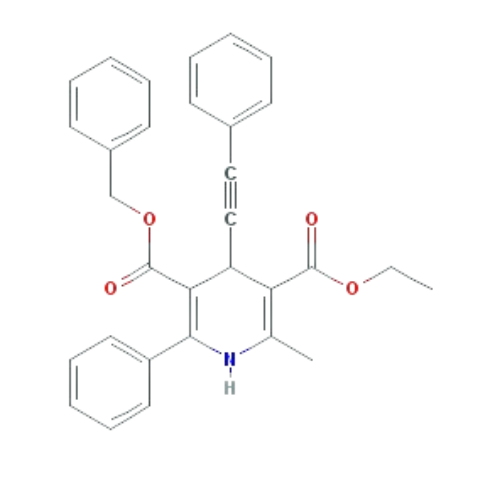Description:
Gelatin powder in bacteriology is a purified form of collagen, derived from animal connective tissues. It is used as a solidifying agent in microbiological media or as part of tests to determine the gelatinase activity of bacteria.
- Gelatin powder is often used to prepare gelatin agar, a semi-solid medium for growing bacteria. This medium helps to identify bacterial species that can hydrolyze gelatin, meaning they produce the enzyme gelatinase, which breaks down the gelatin into liquid form. This property is particularly useful in the identification of certain bacterial genera, such as Proteus, Clostridium, and Pseudomonas.
- Gelatin Liquefaction Test: In this test, the bacterium is inoculated into gelatin-containing media, and after incubation, the medium is cooled to observe whether it solidifies. If the bacterium has gelatinase activity, the gelatin will be liquefied even after cooling, indicating a positive result.
- Physical Properties: Gelatin powder is a natural protein and is somewhat temperature-sensitive, typically remaining solid at lower temperatures but becoming liquid at higher ones. When used in bacteriology, it’s important to remember that gelatin is less heat-stable than agar and can liquefy at temperatures above around 28°C (82°F), which can be a limitation in certain incubations.
Common Use in Bacteriology:
- Identification of bacteria based on their gelatinase activity.
- As a solidifying agent in culture media where agar is not suitable.
Specification:
Color: Light yellow, granular powder



Reviews
There are no reviews yet.